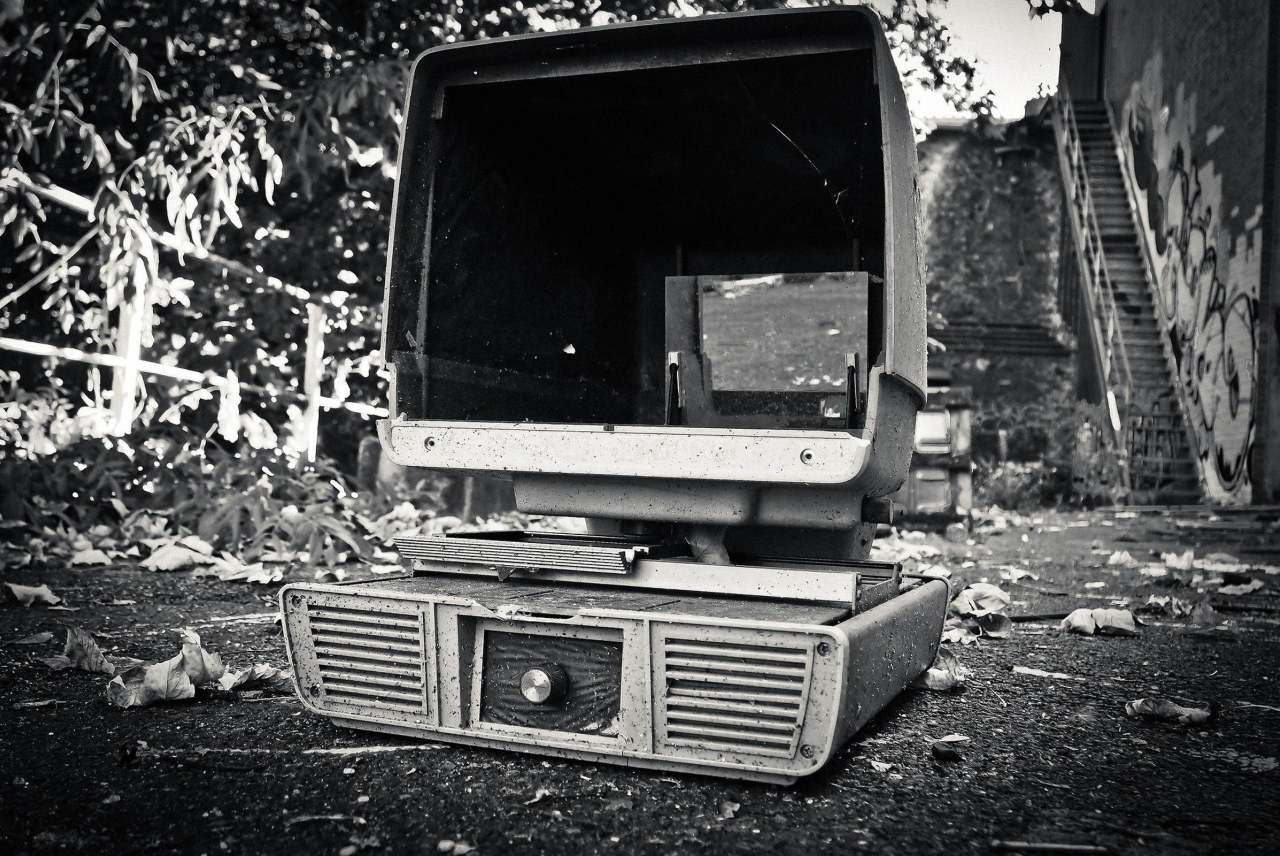I’ve reached a stage that every professional writer reaches from time to time as they pursue their career.
No, not profound desperation; we’re in that state constantly. I mean I need a new laptop, as my old one has started emitting the sort of unpleasant hissing noises usually made by a chuntering pensioner as they read another fake news story about migrants eating kittens in the Daily Mail.
Now, I’ve always suspected that my laptop wasn’t ethically sound, but I’d assuaged any guilt I felt by remembering that many forms of communication through history have been bad for the environment: cave paintings compromised the natural beauty of rock; Native American smoke signals increased carbon emissions; typewriters used endless reams of paper from forests. However, it seems that my laptop is about as environmentally friendly as a Brazilian president with a flamethrower. Its only claim to being green is that the food crumbs I’ve deposited in the keyboard while working through my lunch are vegetarian.
Now, choosing a new laptop isn’t easy at the best of times, and I’m so out of touch as regards technology that, until three months ago, I thought a Jade Plug-In was an electric car. There’s so much to consider, from the price and spec, to how quickly you can shut the lid if your mum walks into your bedroom (teenage boys only).
However, when selecting an ethically sound model, there’s so much more to think about. They contain minerals with the sort of names that might score you a zero on ‘Pointless’, but will also score a worst Ethical Consumer rating for conflict minerals from the Congo, which are linked to unsafe working, forced labour, deforestation, water pollution, human trafficking, illegal mining, violence and extortion. Basically, laptops are so dodgy that some stores are giving away free membership of The Mafia with every purchase.
In the past, I’d replace computer hardware by grabbing something on offer in the nearest PC store, but now I’m ethically minded, I can’t.
So, I’ve been exploring the idea of opting for a refurbished laptop instead. A friend even put forward the even more eco-friendly idea that I should try to repair the faults on my old laptop myself – an option I turned down on the basis that, by the time I finished laughing at his suggestion, laptops would be obsolete and we’d all be walking around with computer chips in our brains.
For me though, a recycled laptop makes a lot of sense. The one good thing about being a hermit-like writer sat alone in my hovel of an office is that there’s no one I need to impress with my gadgets, so an all-singing all-dancing laptop isn’t a necessity, despite what my daughter says.
A refurbished laptop also means I’d be helping to cut electronic waste, as well as the use of the fossil fuels and toxic chemicals needed to create a new one.
However, there is one small drawback: No matter how much the hard drive’s been cleared and how clean everything’s been made to look, I just know I’m going to get that uneasy feeling that someone got rid of the laptop I’m using for reasons best known to the Police. It’s the same feeling you get that puts you off buying second hand shoes in charity shops, no matter how committed you are to recycling.
Perhaps I’m being a bit hasty in writing off purchasing a new one? Some manufacturers are designing models where various parts can be repaired and recycled. Basically, I’m going to need to do a lot more research before I can make the right choice.
So, all I have to do now is buy a new laptop that can cope with doing all the intensive research needed before I can decide which new laptop to buy – because, frankly, I think this one’s going to die before I reach the end of this senten...




